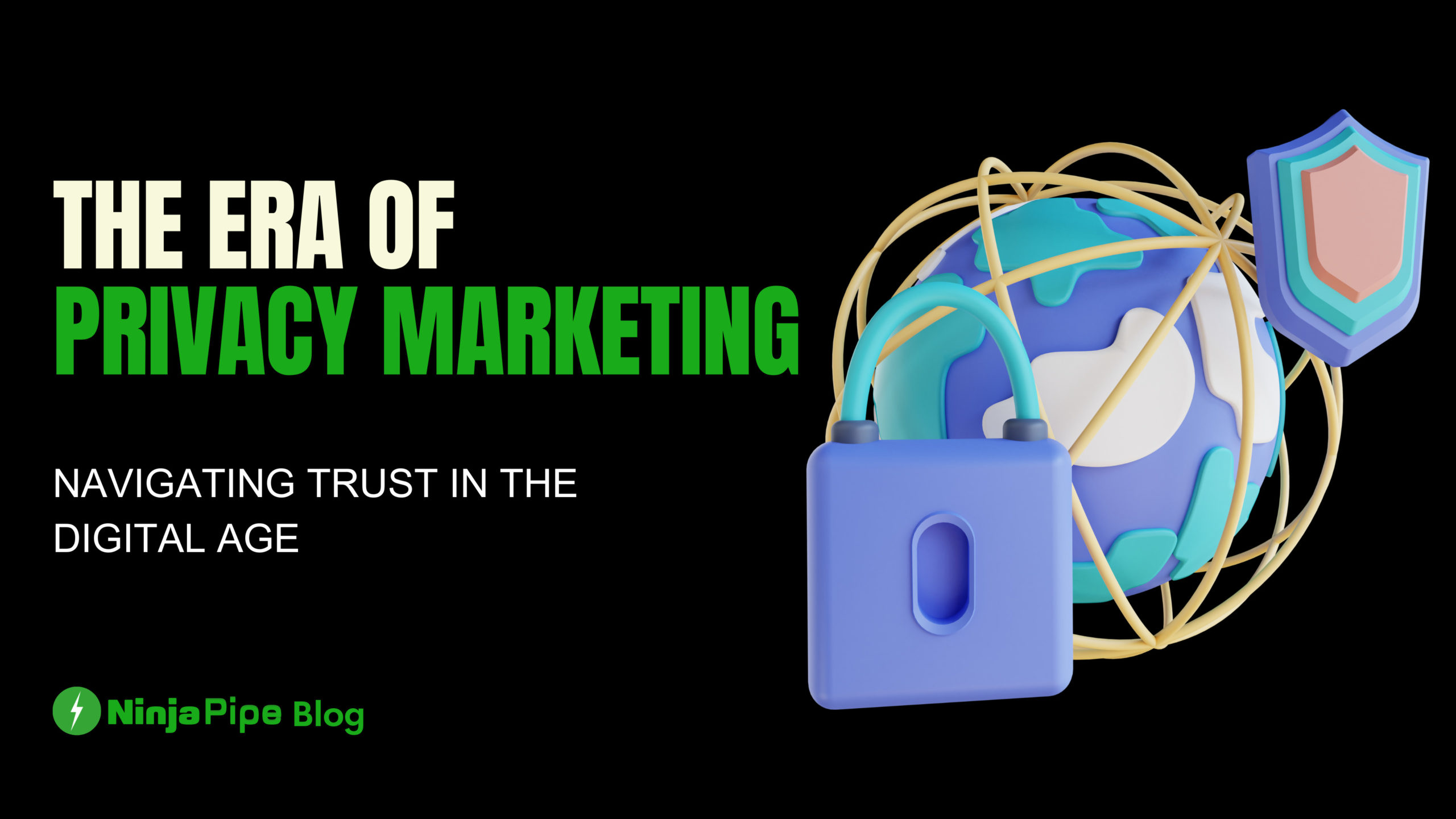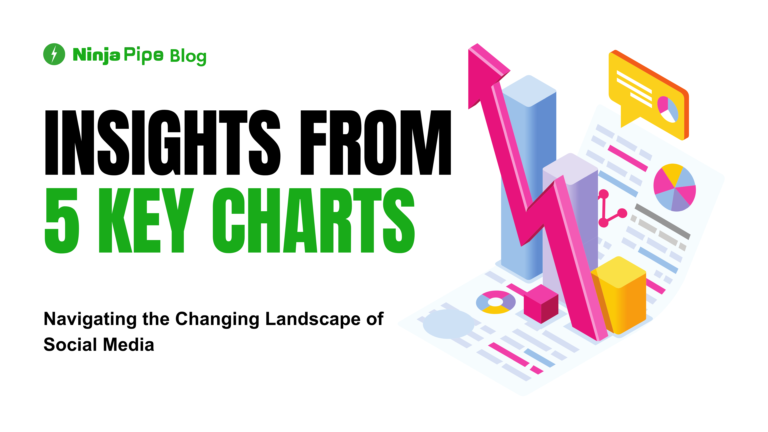Explore Privacy Marketing in the Digital Age. Learn how to build trust and navigate the evolving landscape of data privacy.
Introduction
In today’s digital landscape, the concept of privacy has assumed paramount importance. Brands like Apple have not only recognized this shift but have also integrated privacy marketing seamlessly into their strategies, setting a compelling benchmark for differentiating their products from competitors. For businesses, particularly those in their infancy, this burgeoning trend should not be overlooked.
The Growing Tide of Privacy Awareness
In recent years, a wave of awareness has swept across consumers, sharpening their focus on privacy concerns. Numerous instances of covert data collection, both on the web and mobile apps, have fuelled a deep-seated distrust of technology and brands. As a result, consumers and regulators alike have raised their voices, calling for enhanced privacy policies and practices. Brands have been held accountable for their data collection and usage practices, with giants like Facebook facing intense scrutiny for repeatedly flouting privacy norms.
The call for transparency has echoed loudly for some time now, and in 2022, this demand will only grow more resolute.
The Changing Landscape of Cookies
To ensure success in 2022 and beyond, businesses must adapt by implementing robust tools and technologies that safeguard privacy. One significant development is the impending phasing out of cookies over the coming years.
Cookies, those small data pieces like usernames and passwords stored in text files, have long been used to identify devices and personalize web sessions. However, the tide is turning against them, as privacy-conscious consumers seek alternative solutions.
The Power of Automation
Forward-thinking brands are increasingly investing in marketing automation. Thanks to AI technology and advancements in data science, marketers can now analyze purchase behaviors, browsing histories, and other data points to craft personalized marketing and advertising campaigns.
Instead of bombarding consumers with generic and intrusive ads that breed fatigue and mistrust, businesses are turning to tailored marketing strategies that align closely with their customers’ interests. AI has the capability to predict customer behavior, helping businesses deliver the right ads, products, or services precisely when their prospects desire them.
This personalized approach not only fosters customer loyalty but also provides tangible benefits to the target audience.
Conclusion
The dawn of privacy marketing is upon us, and it’s imperative for businesses to heed this shift in consumer sentiment. Privacy awareness is no longer a niche concern but a mainstream expectation. Brands that prioritize transparency, data protection, and personalized experiences will find themselves in a position of trust and authority in the digital age.
As we navigate the evolving landscape of marketing, it’s clear that privacy isn’t just a buzzword; it’s a fundamental aspect of the consumer-business relationship. Embracing these changes and incorporating privacy marketing into your strategy will not only resonate with today’s discerning consumers but also set the stage for lasting success in the ever-changing digital landscape.








Leave a Comment